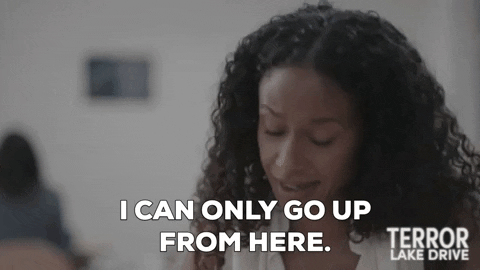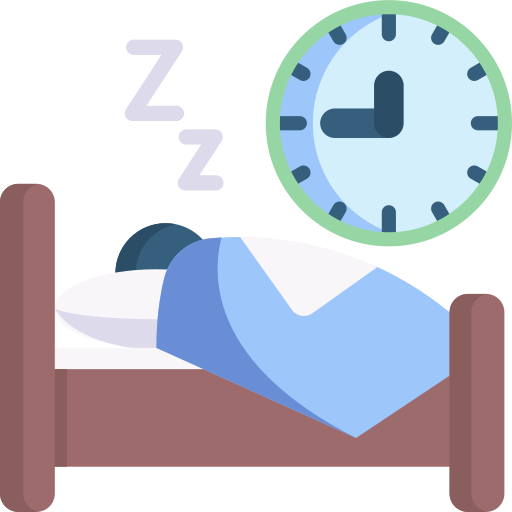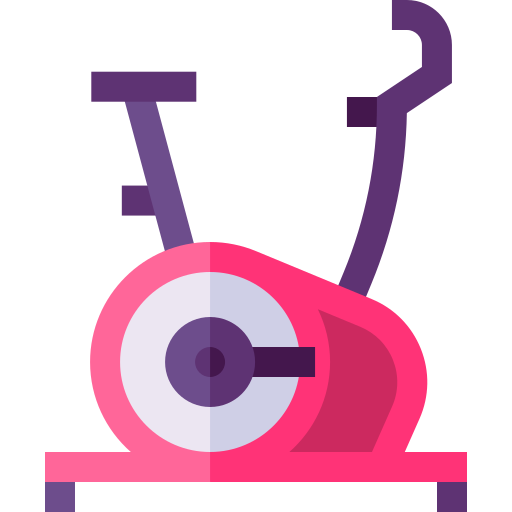
This logo isn't an ad or affiliate link. It's an organization that shares in our mission, and empowered the authors to share their insights in Byte form.
Rumie vets Bytes for compliance with our
Standards.
The organization is responsible for the completeness and reliability of the content.
Learn more
about how Rumie works with partners.
Oh no, traffic again?! You just know you're going to be late to work.
 You think:
You think:
If I'm late, my boss is going to be angry. They might even fire me. If I'm fired, I won't be able to buy food or pay my rent. I'm going to end up homeless, starving, and I'll die alone!
Is the above scenario possible? Maybe. But is it likely?

The scenario you just read is an example of catastrophizing.
What is Catastrophizing?
Catastrophizing is a way of thinking called cognitive distortion. It's when we think an unfavorable outcome to a single event will have far-reaching, disastrous consequences.

Defuse catastrophic thinking with these three strategies so you can keep calm and carry on. 😎

Try Cognitive Reframing
1. Notice and identify your troubling thoughts
Ask yourself: What negative event or situation are you worried about? What do you imagine might happen as an outcome (or outcomes) of this negative event?
It can be helpful to write your answers down so that you can reflect on them in step #2.
2. Question your thoughts
Now ask yourself: What evidence do I have for this outcome(s) I'm envisioning? Is this outcome realistic?
Returning to your notes, rank the outcome(s) you're imagining from 1-5 on a scale from "extremely likely" to "not at all likely."
3. Reframe and replace the thoughts
Try to think of at least three other outcomes for the situation. Write them down. They can be positive, neutral, or even simply less terrible than your original thought.
Keeping these alternatives in mind will help break the cycle of catastrophizing.
Practice Excellent Self-Care

Get enough sleep. Make sure you are getting enough sleep for your age. Create and stick to a calming bedtime routine with soft lighting and no electronic devices at least one hour before bedtime.

Journaling is a great way to get your catastrophic thoughts out of your head so that you can analyze and transform them. No matter how much or how little you enjoy writing, there are many ways to effectively journal to reduce anxiety.
Quiz
You're still stuck in traffic. What can you do NOW to stop catastrophizing about being late to work? Select all answers that apply.
Imagining a more neutral outcome or taking some deep breaths are simple ways you can take action immediately. Later, you might want to journal your thoughts but not while driving. Knitting while driving is probably illegal where you live.
Take Action
Are you ready to use one or more of these strategies to reduce your catastrophic thinking?

Did you know?
This Byte has been authored by
Laura Comoletti
Learning Experience Designer





